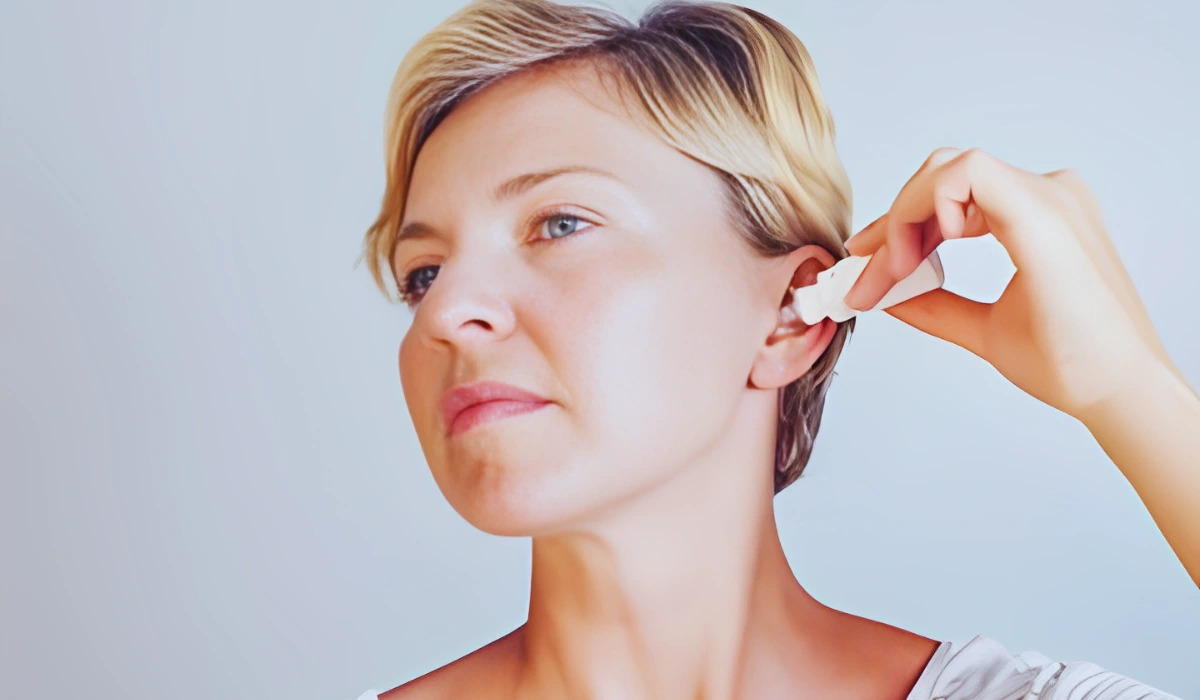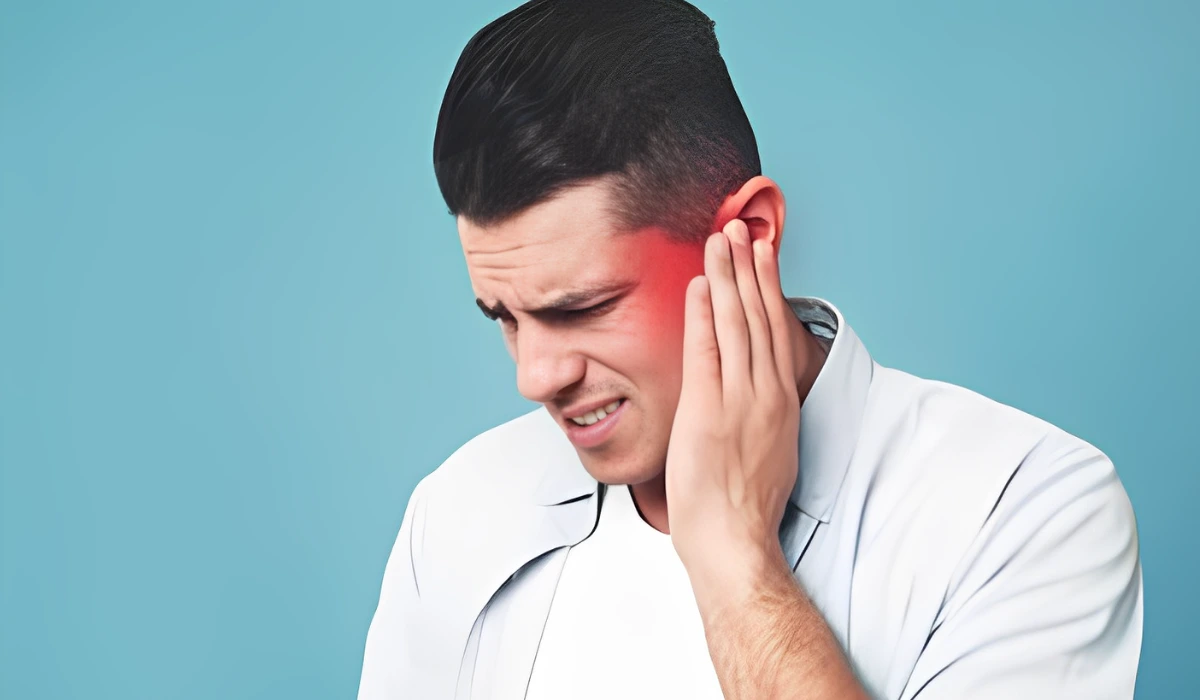Our sense organs are crucial to us. Losing even one of them could impact the way we see life. Eyes, ears, nose which one can any of you choose from? However, it is fairly common that they get easily infected.
This is also because of their proximity to pollutants, irritants, and other factors that could harm them. Though they often have their system of protection, sometimes the infection might extend beyond what we imagine.
Our ears are generally known to be closed in a secret place unlike eyes or nose but in some occasions, they could infected which will be detailed in this blog.
Ear Injury – An Overview
Ear primarily consists of three parts, outer, middle, and inner ones. The injuries could be inflicted on any of these. In the outer ear, the trauma could be caused due to bruising as well as burns.
The middle ear, on the other hand, could suffer from pressure problems due to altitude, head injuries leading to bleeding, and viral infections. Lastly, the inner ear might be affected adversely by listening to music for long hours, which is known as acoustic damage.
Meniere’s disease is a kind of infection that usually binds the inner ear area with vertigo or headache. Additionally, Vestibular Schwannoma defines itself as a noncancerous tumor that builds up inside the inner ear area.
The key is to identify the infection and the part it affects to prescribe a particular and effective cure for the same.

Symptoms And Causes
The major symptoms of ear injury include,
1. Pain or discomfort in the ear: When there is an ear injury, the primary symptom is pain in the ear which can vary in intensity.
2. Heart loss: Individuals could suffer from partial or full heart loss temporarily or permanently.
3. Tinnitus: It can be defined as the ringing of the ear for a long period.
4. Discharge from the ear: If it is an infection, chances are pus or fluid might come out of the ear.
5. Vertigo: This just means a splitting headache concentrated on the forehead.
6. Dizziness: Fainting or on the verge of one.
The causes of ear injury could be plenty but some of the main reasons include,
1. Trauma: This is the major cause of any ear injury. Apart from cuts or bruises, it can also include impact to the head, blows to the ear area, and something entering the canal.
2. Infections: Certain infections also take precedence when it comes to ears. This means bacterial or viral infections that can trigger the oozing of pus or liquid.
3. Loud noises: If you expose your ear to loud noises, your ear could be hurt more than you think.
4. Changes in air pressure: Traveling in airplanes or areas such as mountains or underwater can also injure the inner area of your ear.
Diagnosis And Tests
Testing of the ear drum and its adjacent area for injuries is a common procedure. Additionally, these steps are also followed,
1. Physical examination: The ENT specialist looks for injuries and wounds inside the ear. When the wound is on the head, a more thorough examination might be needed to assess the wound,
2. Hearing tests: Audiometry tests are conducted in detail to understand the depth of the impairment.
3. Imaging: This is the last step and often includes taking detailed X-rays, MRI scans, or CT to understand the structural damage to the area and the auditory nerve.
Management And Treatment
Once diagnosed, the patient is then given a detailed treatment plan consisting of,
1. Pain management: Over-the-counter pain medications are given to relieve the distress.
2. Antibiotics or antivirals: If the infection is found, the patient is given antivirals or antibiotics to help reduce the swelling or the microorganism’s activity. This is generally determined through a blood test.
3. Ear drops: If the condition isn’t as serious as thought, they are often given ear drops that should be added 2-3 drops into the ears and then let to rest.
4. Hearing aids: Especially when the tissue is burned or the nerve is detached, the chances are there could be hearing loss so patients are suggested to go for hearing aids.
5. Surgery: In severe cases, patients are recommended to go for surgery to release the pressure or treat the crushed nerve.
Prevention
The ear is a delicate organ and should be protected at all costs. To prevent the damages you could,
1. Wear protective gear: While opting for adventurous sports like scuba or hiking, you should never forget to wear helmets and other suits to prevent the ear from getting damaged severely.
2. Reduce the volume: Don’t opt for loud volumes and refrain from listening to songs in a headphone for a long time.
3. Avoid inserting objects: Avoid poking and probing into your ears with sharp objects to not break the inner ear drum.
4. Ear hygiene: The hygiene of the ear should never be overlooked. However, cleaning it with earbuds all the time is not advised either.
5. Monitor ear infections: Ear infections should be monitored regularly by preventing water from entering the ear canal as it may create an environment suitable for bacteria to multiply.
6. Manage allergies: If you have any known allergies, you might want to cut on them to protect the ears from developing any.
7. Regular checkup: In case you are exposed to any unruly elements that might damage your hearing, you should seek immediate medical attention.
Conclusion
The most important thing to be taken care of when treating an ear injury is the importance of time. Early intervention can stop many problems midway especially those resulting in impairment of tissue damage.
So if you believe you might have sustained an injury, rush to the nearest hospital. Additionally, take extra care while engaging in activities that could lower the air pressure.
While taking a bath, you should protect the canal with cotton balls to prevent water from entering it. Remember small drops make a river so you should never underestimate the care given to your ear.

